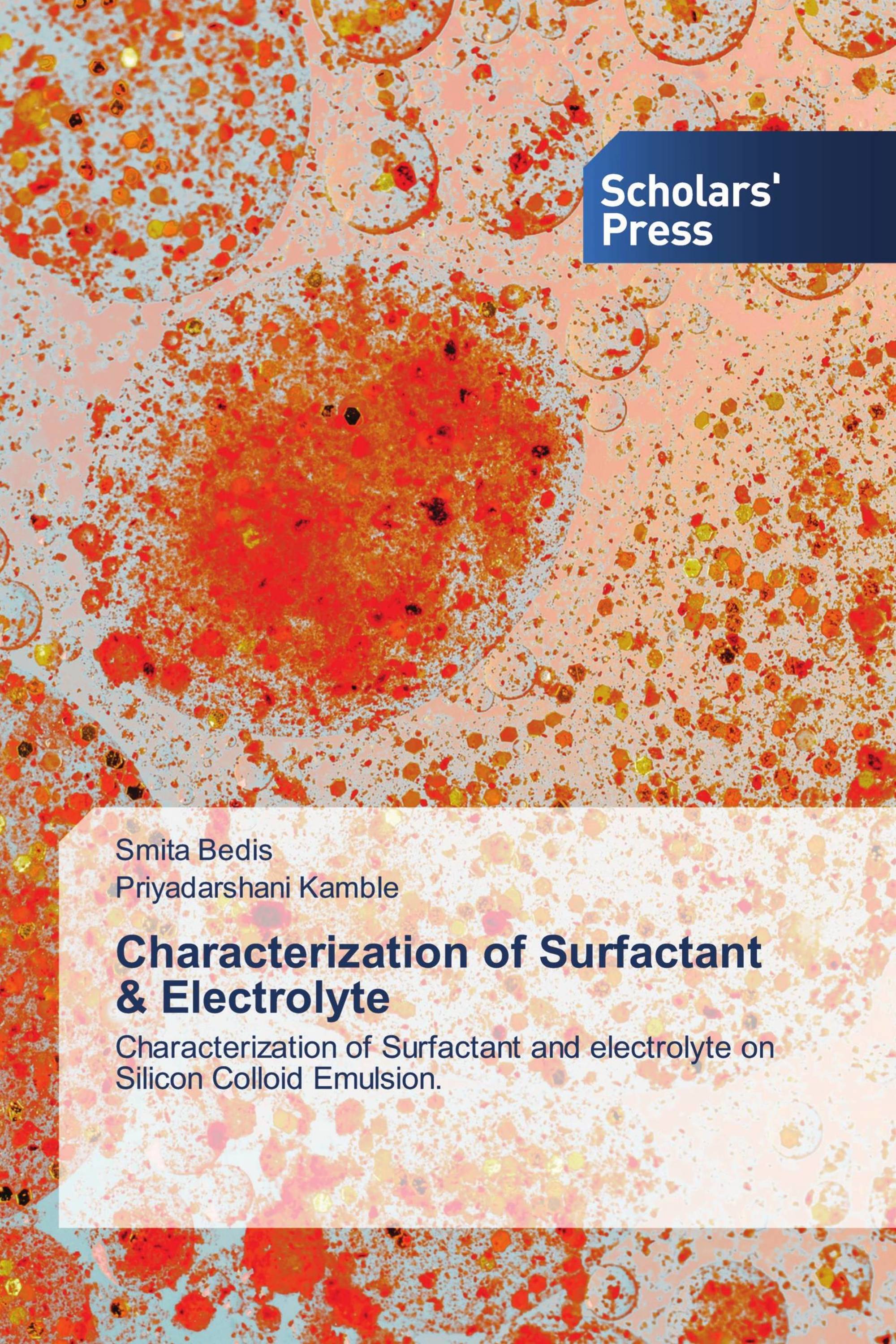Characterization of Surfactant & Electrolyte
Characterization of Surfactant and electrolyte on Silicon Colloid Emulsion.
International Research Press ( 19.05.2023 )
€ 87,90
Changes in surfactant 17R4 concentration influenced the physio-chemical characteristics of an oil- in-water emulsion the most.From the study, we can conclude that the physcio-chemical properties of an oil-in-water emulsion were mostly affected by the variations in the contents of surfactant 17R4 A and NaCl. The NaCl-surfactant-oil interactions had a strong influence on the stability of the prepared emulsion. Pluronic surfactant 17R4 when used in minimal amount (1%) alongside Ludox and 2mg NaCl resulted to the most stable emulsion which stood on the bench beyond 6months without any sign of creaming. Oil-in-water emulsion wastes may be effectively treated using the electrochemical destabilization method. The aluminum provided and the bulk pH are the two most critical factors in the process. Experiments with a steady-state pH outside of the 5–9 range result in no emulsion break-up and, as a result, no COD elimination. In addition, the electrolyte has a significant impact on the outcomes. According to our second scheme, we found that nanoemulsion has the potentially help for enhancing the oral bioavailability of ibuprofen.
Détails du livre: |
|
|
ISBN-13: |
978-620-5-52322-3 |
|
ISBN-10: |
6205523221 |
|
EAN: |
9786205523223 |
|
Langue du Livre: |
English |
|
de (auteur) : |
Smita Bedis |
|
Nombre de pages: |
204 |
|
Publié le: |
19.05.2023 |
|
Catégorie: |
Méthodes de recherche sociale quantitatif et qualitative |



